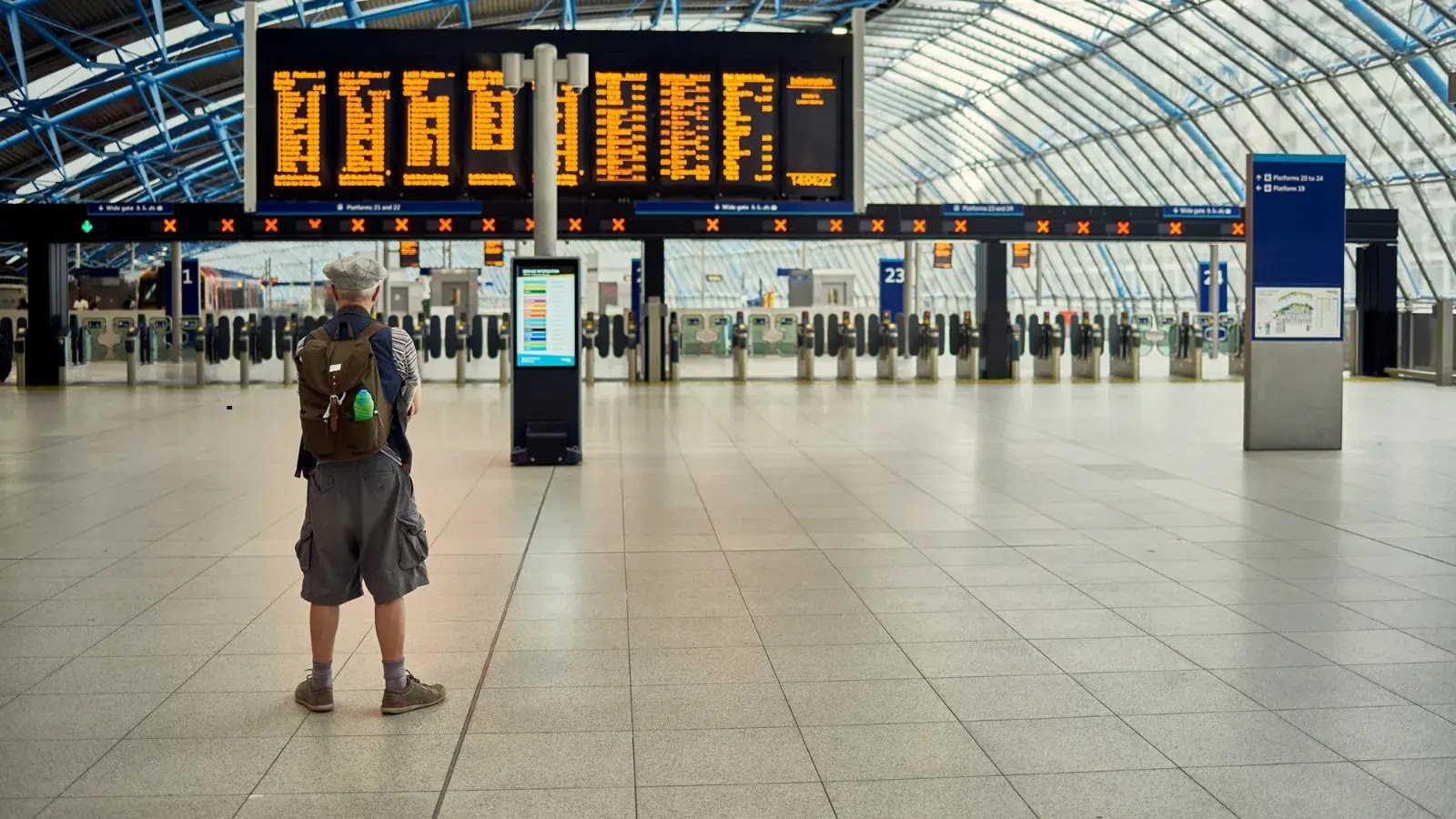European Airport Operations Disrupted by Ransomware
Passengers across Europe are facing another day of flight delays after a cyber-attack struck the company behind the check-in and boarding software used at many airports.
London Heathrow, Brussels, Dublin and Berlin have been worst hit since Friday, when the attack first took hold.
Automatic kiosks and bag-drop machines went offline, forcing airline staff to switch to manual processes.
At Brussels airport alone, 40 departing flights and 23 arrivals were cancelled on Monday out of 277 scheduled services.
Software Provider Under Siege
Collins Aerospace, a subsidiary of US aerospace and defence firm RTX, confirmed on Monday that it suffered a ransomware attack.
Ransomware is a type of malware that locks up data and systems until a ransom is paid. The company said it is working with four affected airports and airline customers, and that updates to restore full functionality are in the final stages.
A Brussels airport spokesperson warned the system was not yet fully secure, while a Heathrow spokesperson said most flights were operating normally, though check-in and boarding could take longer than usual.
The European Union Agency for Cybersecurity (ENISA) officially recognised the incident as a ransomware attack.
Jonathan Hall KC, the UK government’s independent reviewer of terrorism legislation, suggested that state-sponsored hackers could be responsible, but noted that sophisticated private groups also have the capability to carry out such attacks.
“Anything is possible,” Hall told Times Radio when asked if a nation-state like Russia could be involved.
Airports have scrambled to maintain services. At Dublin, officials said they did not expect any cancellations on Monday but remained on alert. Aer Lingus reported being “significantly impacted” on Sunday.
Heathrow urged passengers to check flight status before travelling and to arrive no earlier than three hours before long-haul departures and two hours for short-haul flights.
The ransomware assault on Collins Aerospace has underscored how reliant airports and airlines are on third-party technology providers.
The European Commission has been closely monitoring the unfolding situation and stated that there are “no signs of a widespread or severe attack” beyond the known incidents.
Still, airline shares dipped in early trading on Monday, with IAG, British Airways’ owner, down 1.2%, easyJet off 1.4% and Wizz Air down 1.1%.
This event comes amid a string of high-profile cyber incidents in Europe. Earlier this month, British carmaker Jaguar Land Rover froze production after a hack, and in May, Marks & Spencer revealed a breach that cost it hundreds of millions of pounds.
As airports work to restore automated systems, travellers should brace for further delays and follow airline guidance for check-in and boarding procedures.
Follow us on Google News, LinkedIn, and X to Get Instant Updates and Set GBH as a Preferred Source in Google.














Post Comment